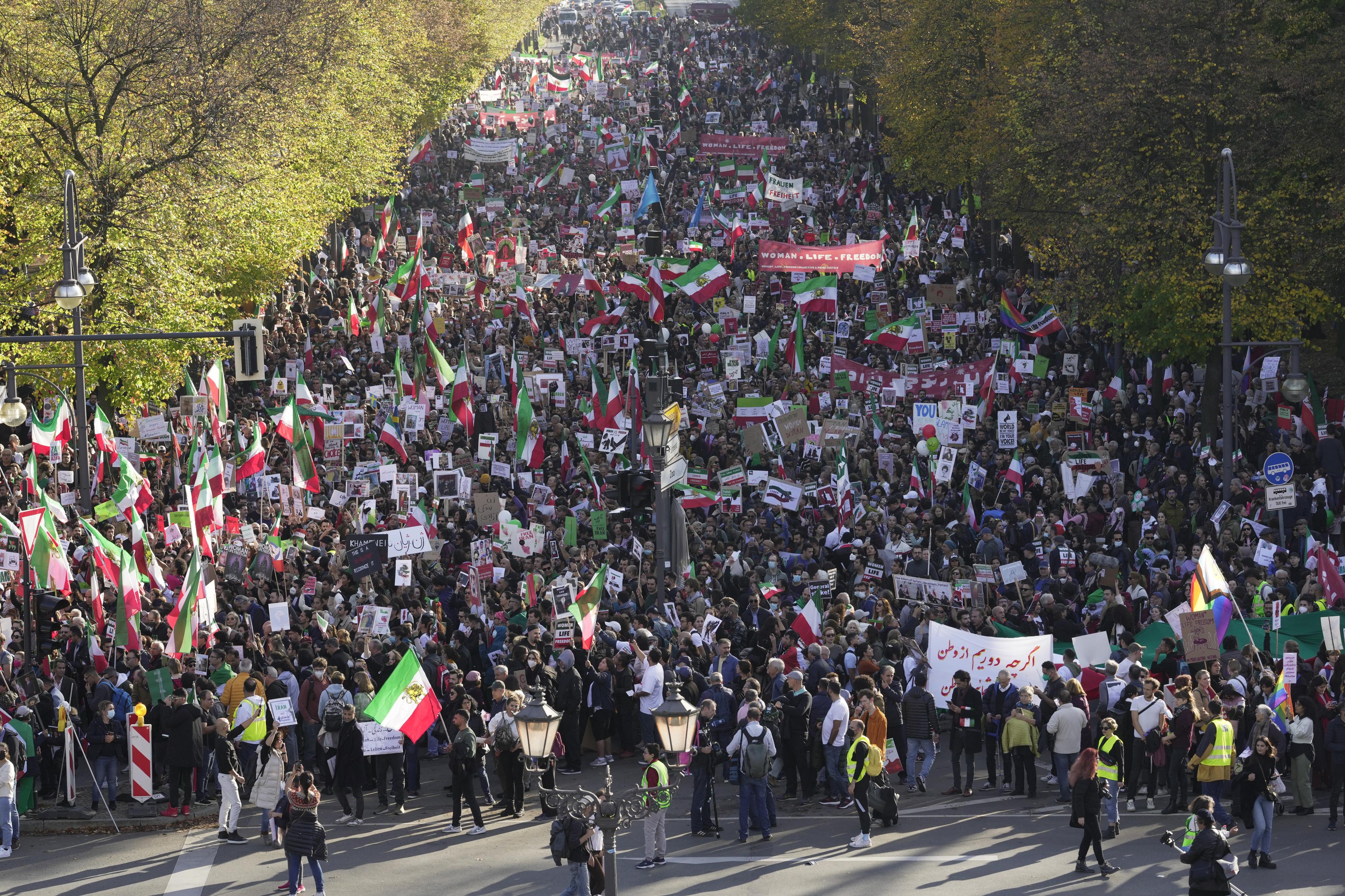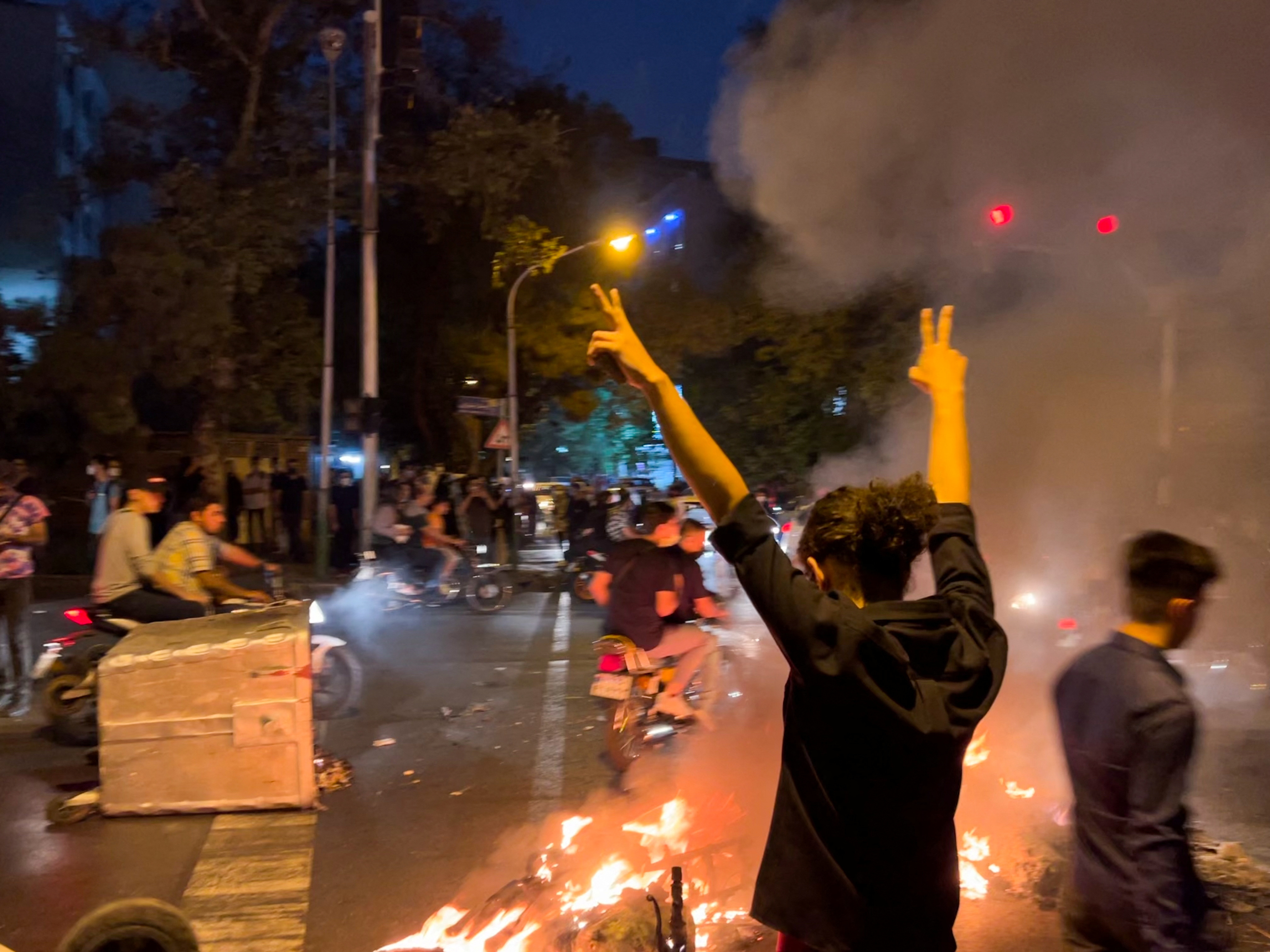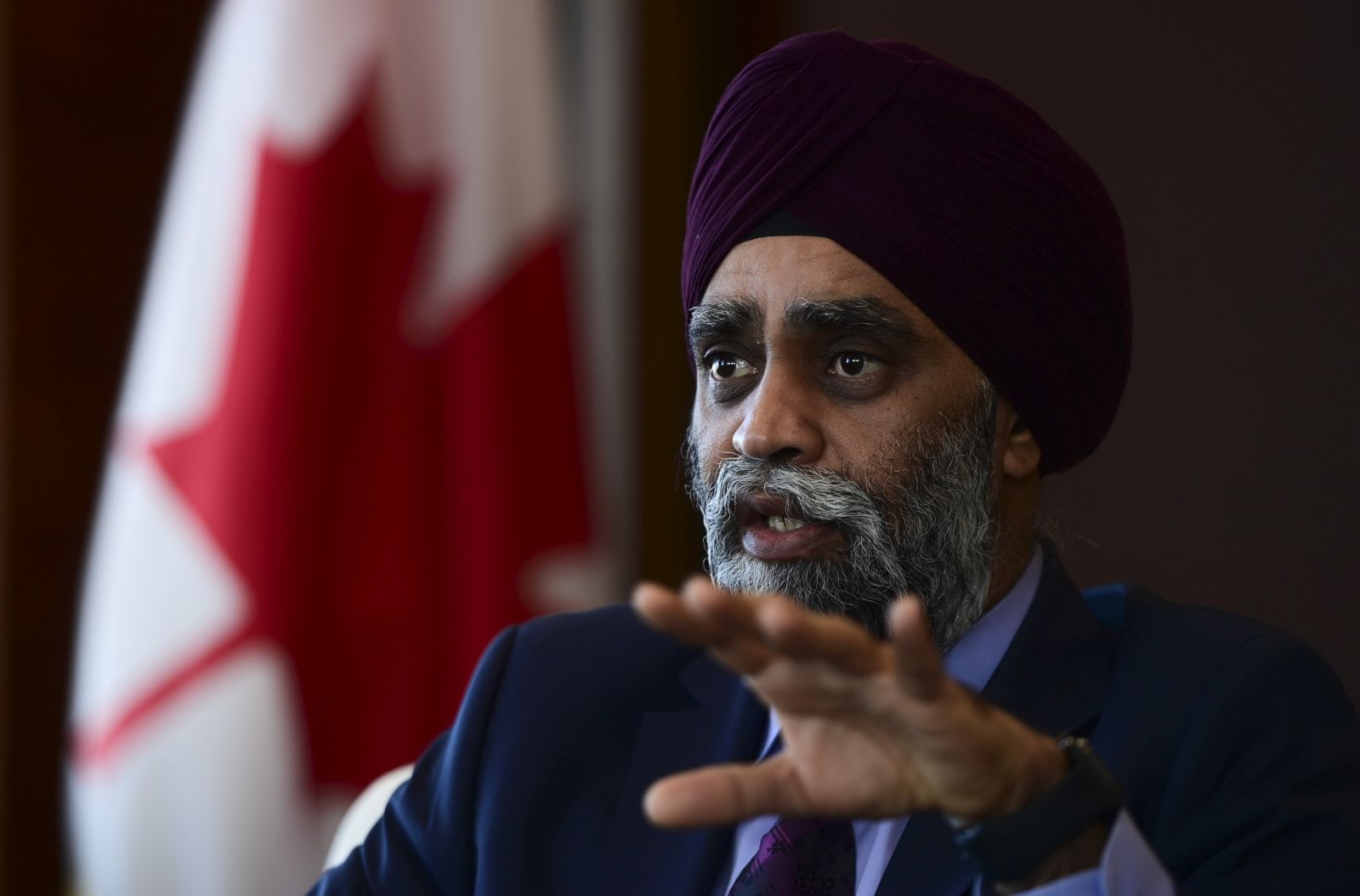Government campaign
The slandering of a philanthropist

The vilification of George Soros at the hands of the Hungarian government is baffling at first sight. The philanthropist has donated several hundred million dollars to the country through the OSF since the 1980s. He set up an OSF office in his native Budapest and co-founded the Central European University (CEU), which has become Hungary’s most prestigious institution of higher learning. Moreover, he endowed it with $ 880 million. Soros also financed the post-graduate studies of many aspiring students, some of whom have since risen to positions of leadership. One of them is Prime Minister Viktor Orbán. Soros was born in Budapest, and, while his philanthropy has global reach (see box), he pays particular attention to Hungary.
Nonetheless, Orbán has turned against his benefactor. Hungary is currently swathed in anti-Soros posters that accuse the mega-donor of trying to undermine the Hungarian nation. It is no secret that Orbán supports this campaign – and so do Orbán-friendly media. They portray Soros as an all-powerful puppet master who has a “plan” to push refugees on Hungary and have millions of euros paid to them. Moreover, the philanthropist is accused of demanding impunity for criminal migrants.
Meanwhile government has held a “national consultation” by sending out questionnaires to 8 million households. Its questions regard Soros and his role in Hungary. It is estimated that the media empire of Orbán ally Lőrinc Mészáros made more than the equivalent of € 7 million running government advertising in this context in the third quarter of 2017.
Orbán’s critics accuse the prime minister of promoting conspiracy theories. In their eyes, the anti-Soros campaign has no credibility whatsoever. Even senior members of Orbán’s governing party Fidesz have publicly stated their doubts about the so-called “Soros Plan”. Zsolt Neméth, who chairs the Foreign Affairs Committee of the Hungarian parliament, called the anti-Soros activism “symbolic”. Sándor Pintér, the interior minister, has admitted that Orbán’s order to uncover “threats posed to Hungary” have not yielded any results.
Soros and Orbán, a populist leader, are not natural allies. In 2014, Orbán announced he wanted Hungary to become “an illiberal state” that, like Russia or China, emphasises national interests. During the refugee crisis of 2015, Orbán turned against Soros, likening him to “people smugglers and activists (…) who support everything that weakens the nation state”. Personal attacks on Soros, whose OSF network protects minority rights, then began in earnest.
Late last year, Orbán pronounced that 2017 would be “the year of the de-Sorosisation of Hungary”. The prime minster obviously felt encouraged by Donald Trump’s victory in the presidential elections in the USA. In March, the Orbán government proposed a law designed to restrict the activities of foreign funded universities. The step was read as an attack on the CEU. The university, which focuses on law, economics, social sciences and humanities in general, has been fighting back, but the government has so far declined to sign a deal to guarantee its existence.
In June, the Orban government passed a law requiring many non-governmental organisations to declare themselves as “foreign-funded” if they receive more than the equivalent of € 23,000 from abroad. The background is that NGOs which are supported by the OSF are a regular source of discomfort for Orbán. The anti-corruption watchdog Transparency International and the investigative journalism website Átlátszó consistently expose graft in the Orbán regime, while “strategic litigation” cases taken up by the Helsinki Commission have shown the illegality of the Orbán government’s hardline stance on refugees at the European Court of Human Rights.
Anti-Semitic overtones
Orbán is proud of his friendly relations with Russian President Vladimir Putin. His policies mirror those adopted by Putin to discredit NGOs, liberal activists and “the west” in general. Orbán is also rumoured to resent members of Hungary’s liberal intelligentsia who shunned him in the 1990s. The prime minister is wooing far-right voters, and many anti-Soros billboards emulate anti-Jewish German posters from the 1930s. Some Hungarians evidently get the message. Slogans like “shit rat”, “thief” and “Jew faggot” have been scrawled across posters that depict the philanthropist. Graffiti demand “death to Soros and other Jews”.
Israel’s Prime Minister Benjamin Netanyahu, who is normally eager to denounce anti-Semitism anywhere in the world, failed to speak up on behalf of Soros when visiting Budapest this year. The obvious reason is that Soros endorses all peoples’ human rights, including Palestinians. In eastern Europe, the OSF supports the Roma minority at a time when many governments have abandoned any serious plans to improve their plight or even agitate against this ethnic group.
Soros finally responded to the vilification campaign in November 2017, both on his website and in an interview with the Financial Times. “With Hungary’s health-care and education systems in distress and corruption rife, the current government has sought to create an outside enemy to distract citizens,” he wrote. Soros argues that the Hungarian government has picked him as a convenient scapegoat. He accuses the Orbán regime of “launching a massive anti-Soros media campaign costing tens of millions of euros in taxpayer money, stoking anti-Muslim sentiment and employing anti-Semitic tropes reminiscent of the 1930s.”
Even Hungary’s European Commissioner, Tibor Navracsics, who belongs to Orbán’s party, appears to agree with Soros. According to him, the alleged “Soros Plan” is merely “a rhetorical element of the upcoming election campaign”. He says that no such plan exists. Hungary’s general election will take place in spring next year.
Dan Nolan is a freelance journalist based in Budapest.
dannolan@protonmail.com
Twitter: @nolan_dan










